
The agency has proposed standards for new woodstoves, heaters, and fireplace inserts beginning in 2015.

Will the Supreme Court, which recently let stand the D.C. Circuit's decision that greenhouse gases present a danger to the environment through climate change, allow EPA to control greenhouse gases from stationary sources?
- By Christopher Ahlers, Ashley Welsch
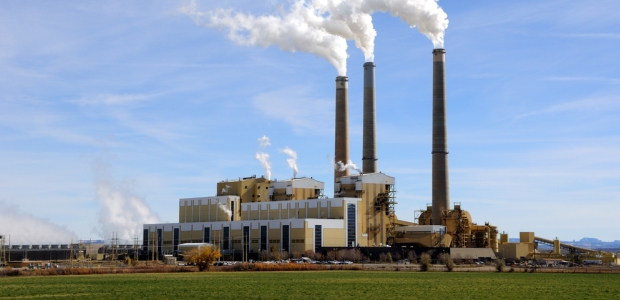
Will EPA finally propose regulations that significantly reduce carbon emissions from existing coal-fired power plants?
- By Kevin Jones, Mychal Ozaeta
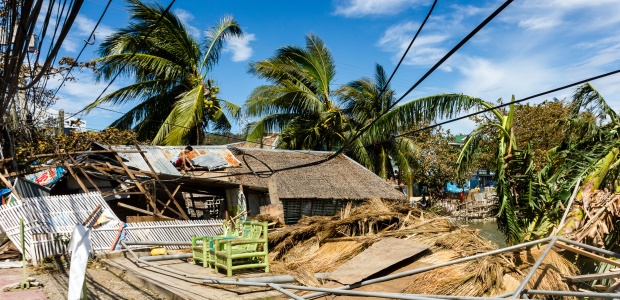
Will federal flood insurance reforms fully embrace the new reality of climate change driving frequent and intense storms?
- By Stuart Souther, Jake Beckstrom
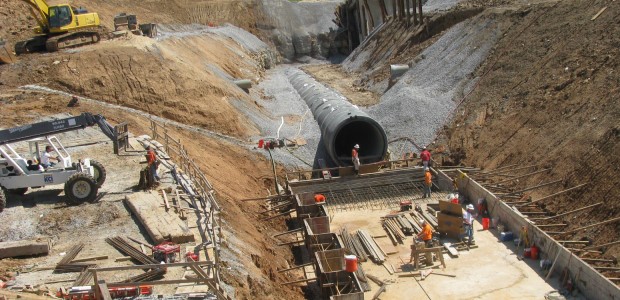
Six hundred and nine days in the making, KAI Design & Build recently completed a construction management assignment to build one of the largest Ultraviolet (UV) wastewater disinfection systems in the country, to date.
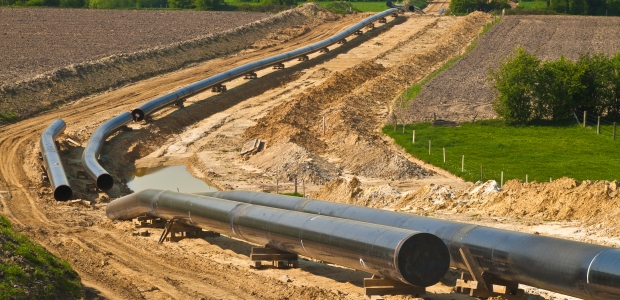
President Obama’s awaited decision on the Keystone XL pipeline has become a proxy for the larger debate on climate change. Will Obama allow the pipeline to go forward?
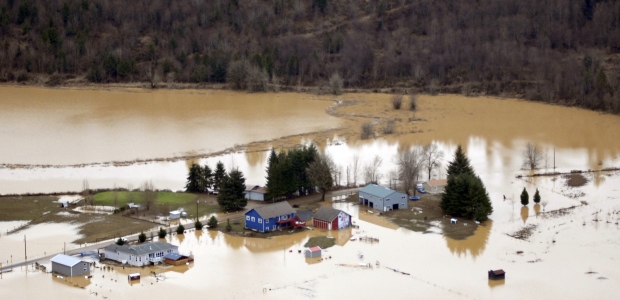
Will the new Farm Bill’s policies cause agriculture to contribute to or mitigate against climate change? As the largest investment in working lands, the pending Farm Bill may be our best bet to address agriculture’s contribution to climate change. Proposed changes would ironically reduce conservation programs, which mitigate climate change, and provide more insurance for farmers affected by climate change events, shoring up profits for commodity producers.
- By Laurie Ristino, Allison Gabala
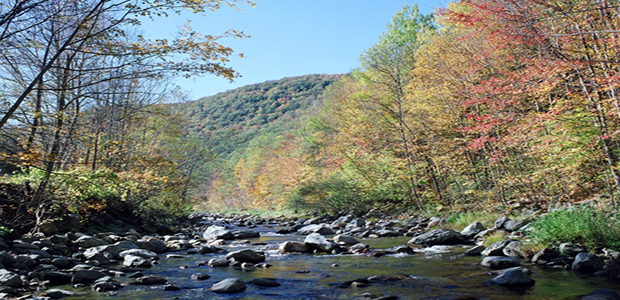
A recent study conducted by Harvard University urges the importance of land-use regulations to help preserve water quality, increase the amount of harvested wood, and protect wildlife habitats.
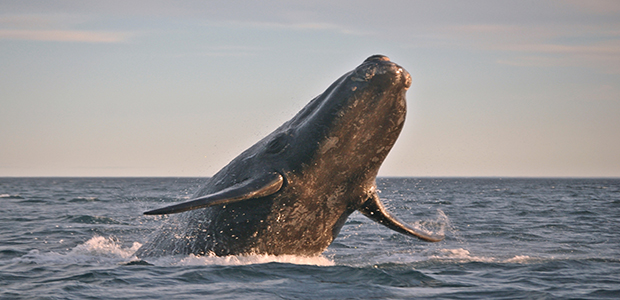
According to the NOAA, a final rule has been issued to help keep protecting the endangered North Atlantic right whale by reducing lethal vessel collisions.
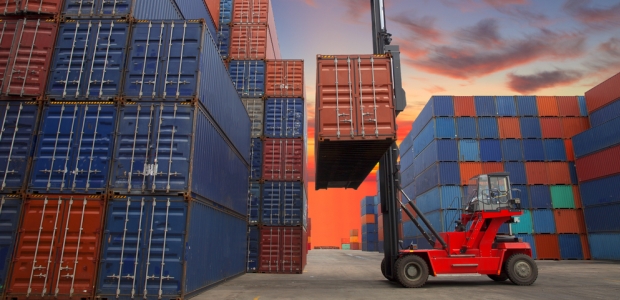
The California Air Resources Board approved the "Airborne Toxic Control Measure for Auxiliary Diesel Engines Operated on Ocean-Going Vessels At-Berth in a California Port" regulation six years ago. It aims to cut emissions from diesel auxiliary engines on container ships, passenger ships, and refrigerated-cargo ships while they're berthed at the California ports.

The recent shale gas boom has led to climate change impact in more than 90 new industrial plants, which are projected to emit greenhouse gases equal to 21 coal-fired power plants.

The Province of Ontario's Green Energy Act of 2009 helped to ignite fast growth in the production of clean and renewable energy. Since 2009, the act has spawned more than 20,000 jobs.
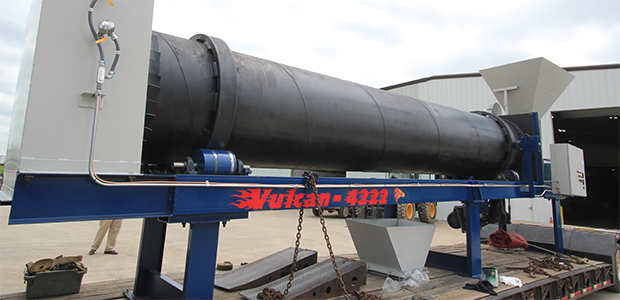
Why frac sand use will become more popular over the next few years and the best methods for drying frac sand.
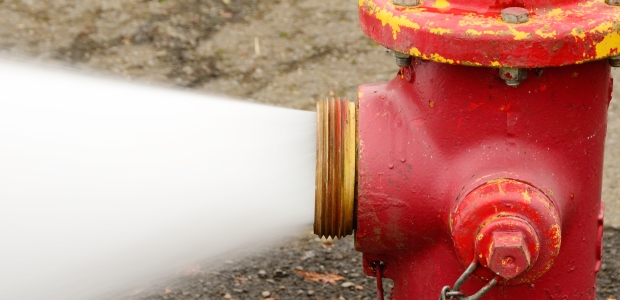
With just over a month to go before the Reduction of Lead in Drinking Water Act becomes effective in the United States, the House of Representatives has passed a bill that will exempt fire hydrants from lead-safety regulations.
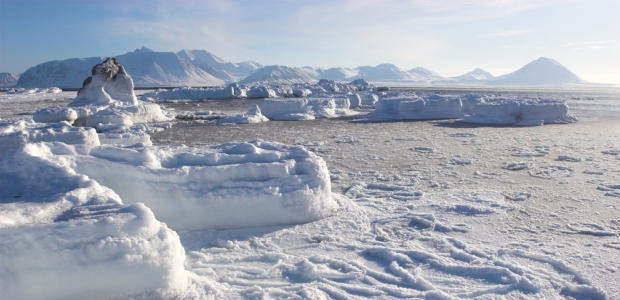
Non-climate scientists' study is seen as a convincing explanation for something that has puzzled other researchers for many years.
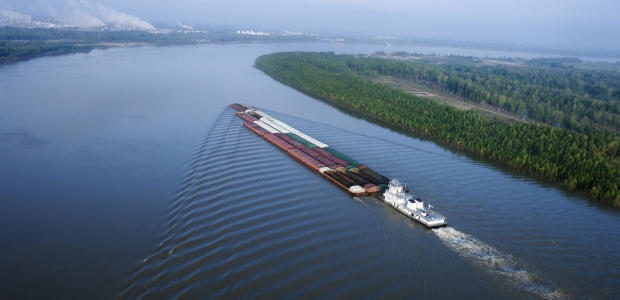
Dozens of comments urge the U.S. Coast Guard not to allow barge owners to ship shale gas extraction waste water via inland waterways, saying it is a threat to drinking water supplies.

As three fires have been reported on the Model S, Tesla manufacturer worries that false claims and negative press could harm the demand for sustainable transportation.

The Reduction Act calls for reducing lead in new products, new installations, and repairs of systems that deliver drinking water. It takes effect in January 2014.

The four workshops are taking place in December in Austin, Houston, San Antonio, and Arlington.

EPA's authority to regulate greenhouse gas emissions in stationary sources will be argued before the U.S. Supreme Court early next year.